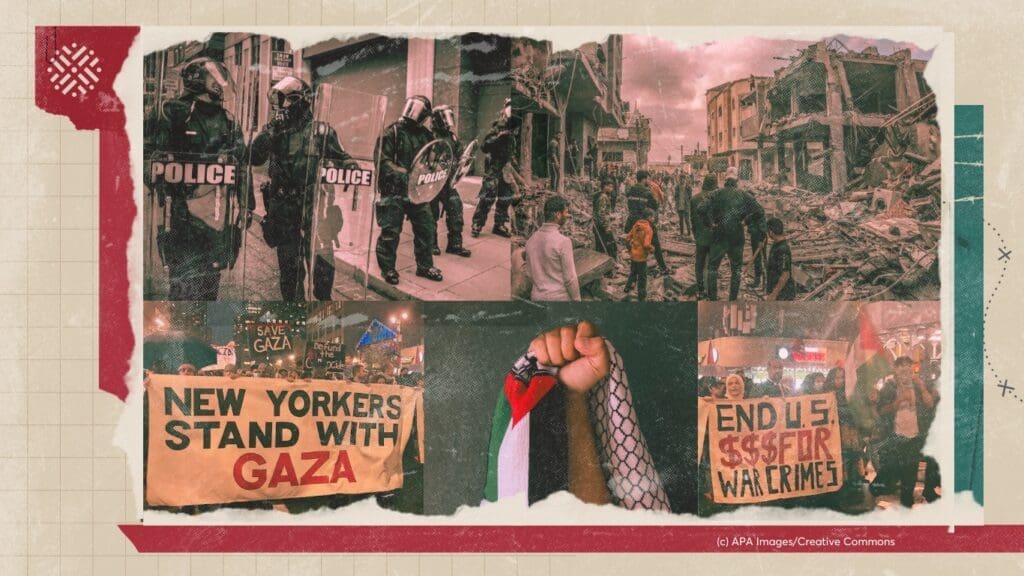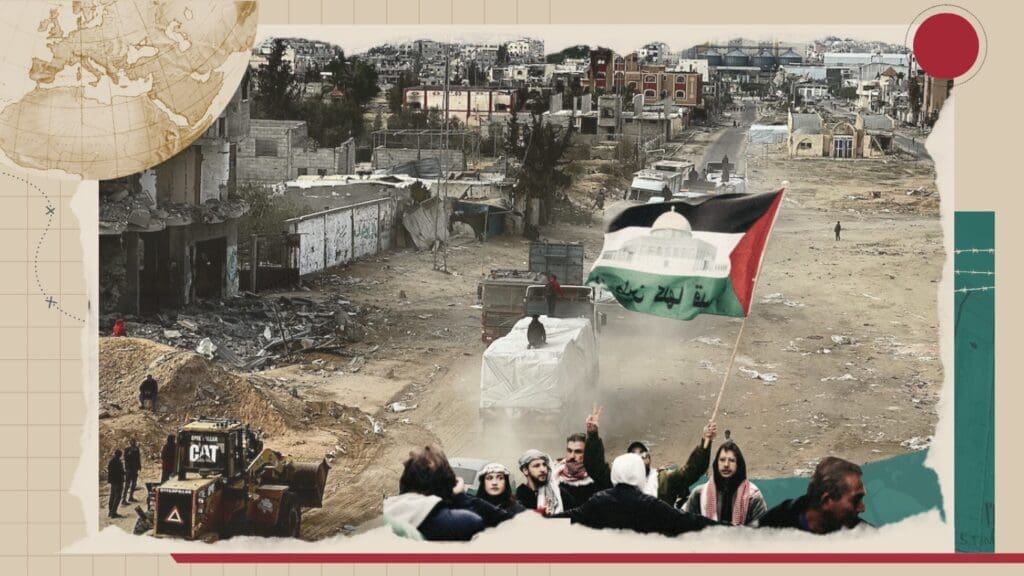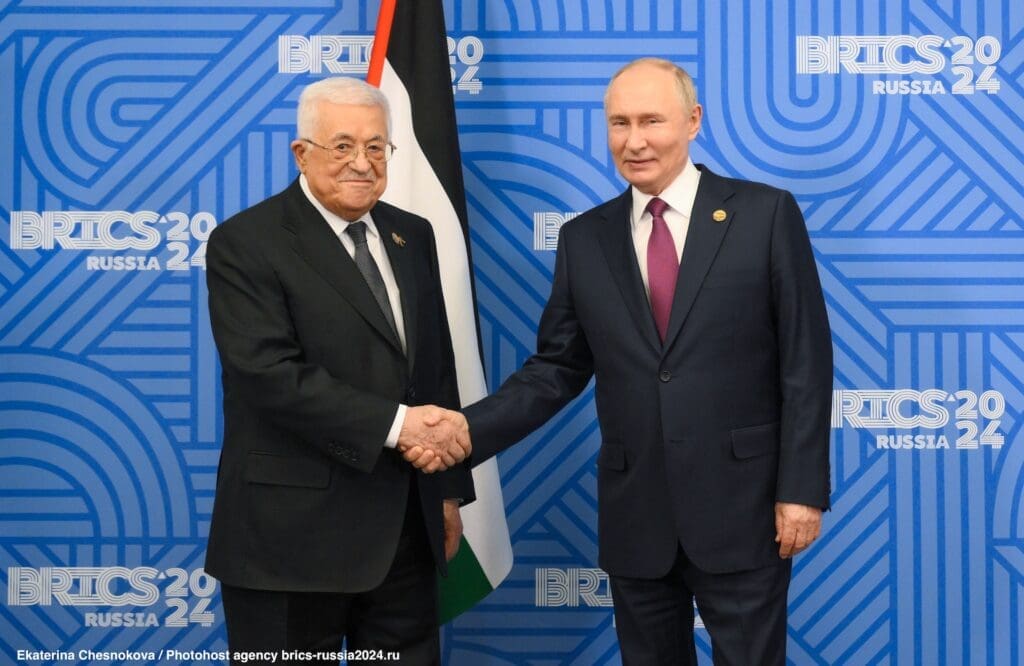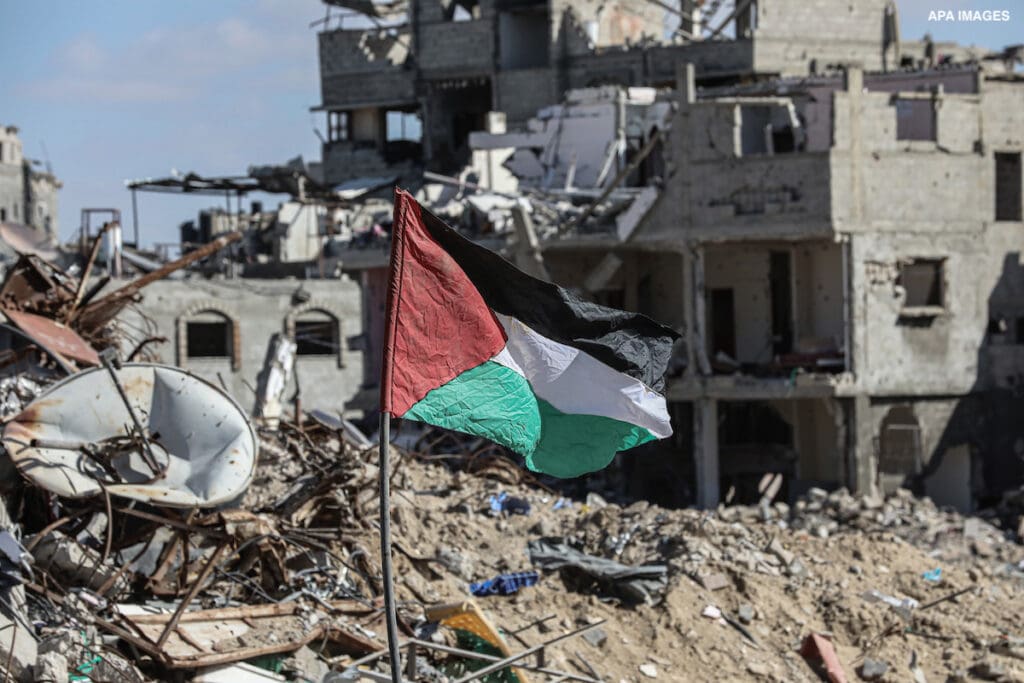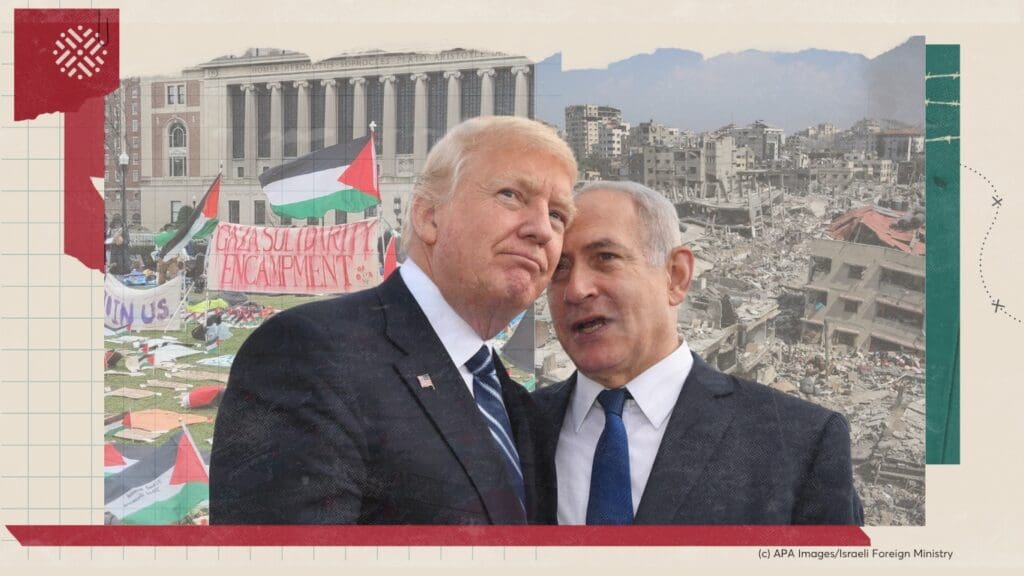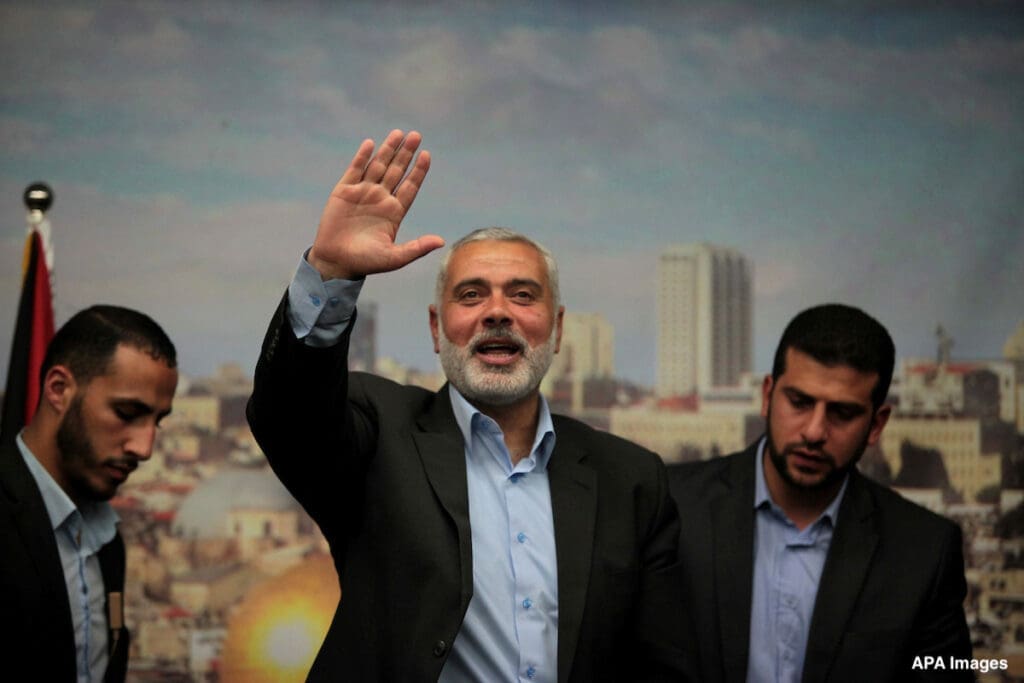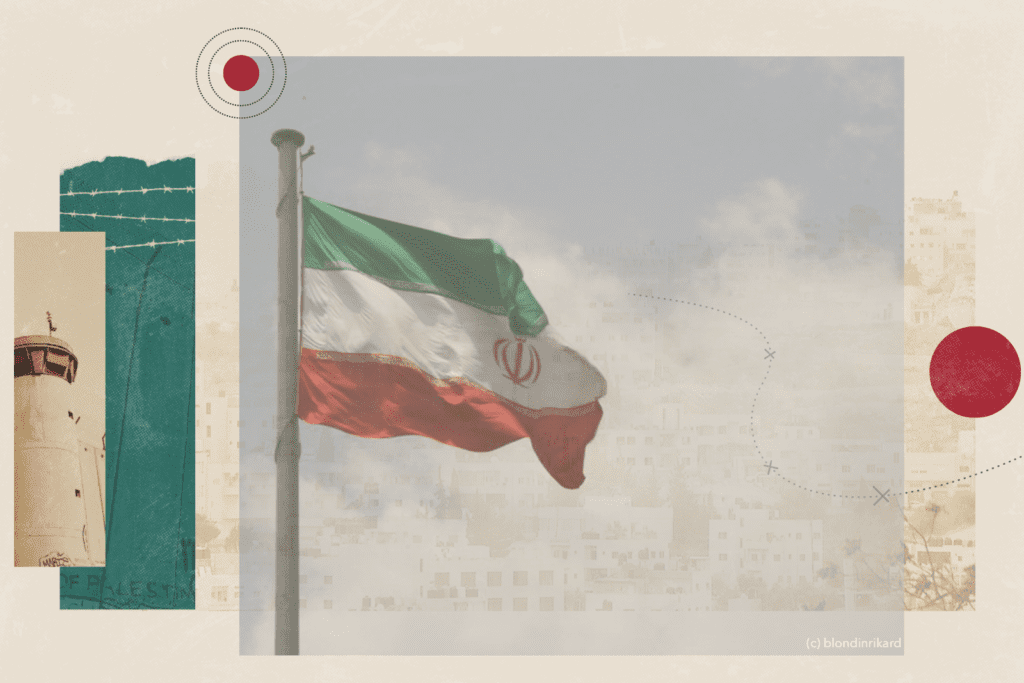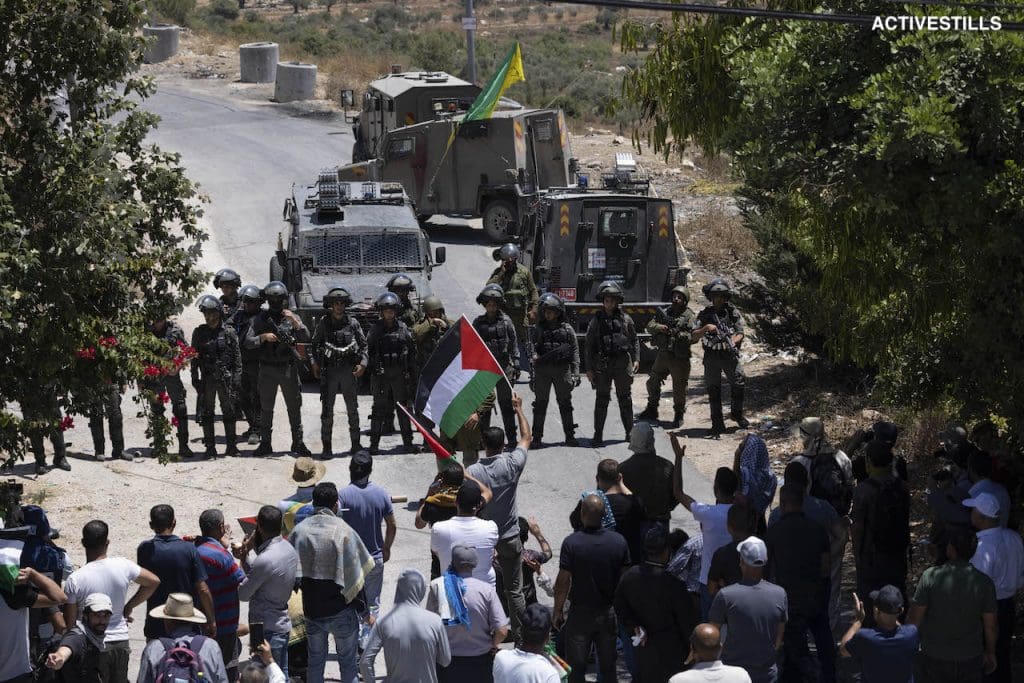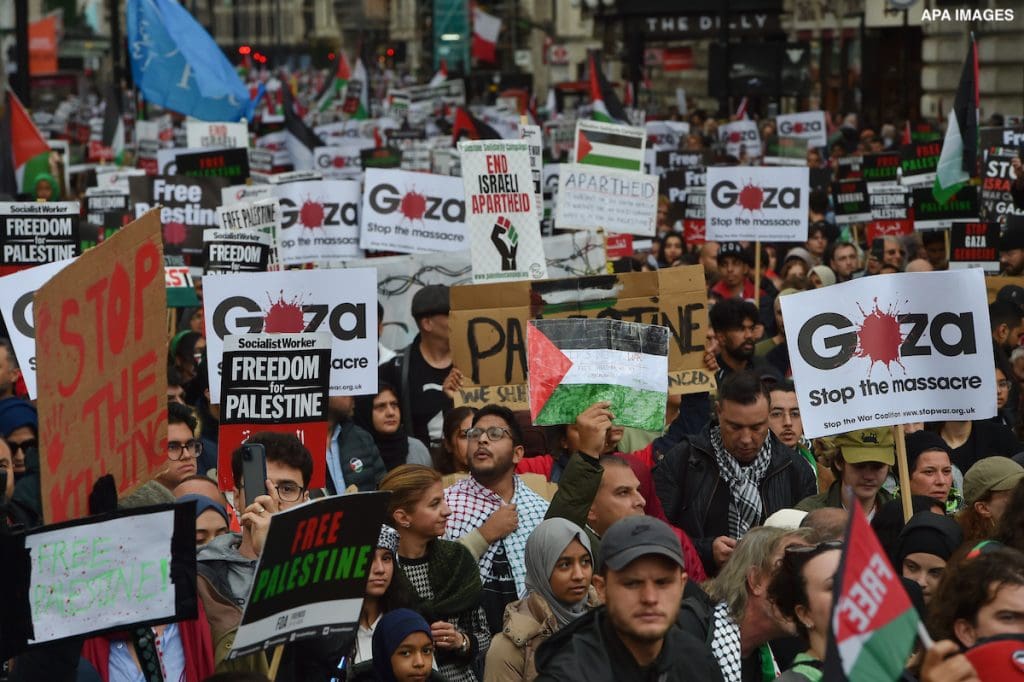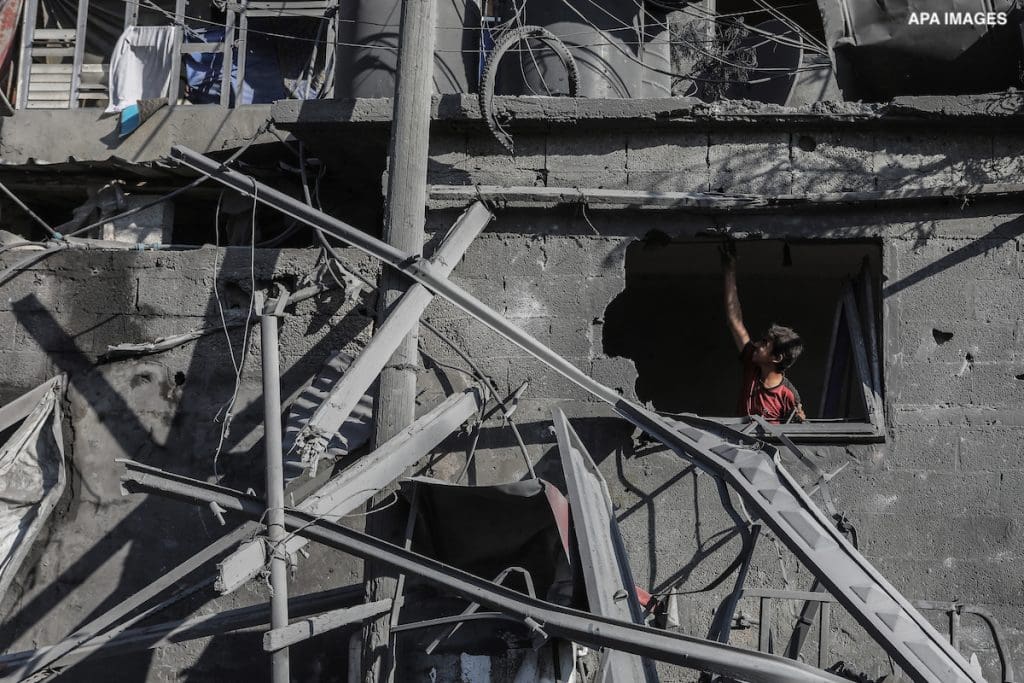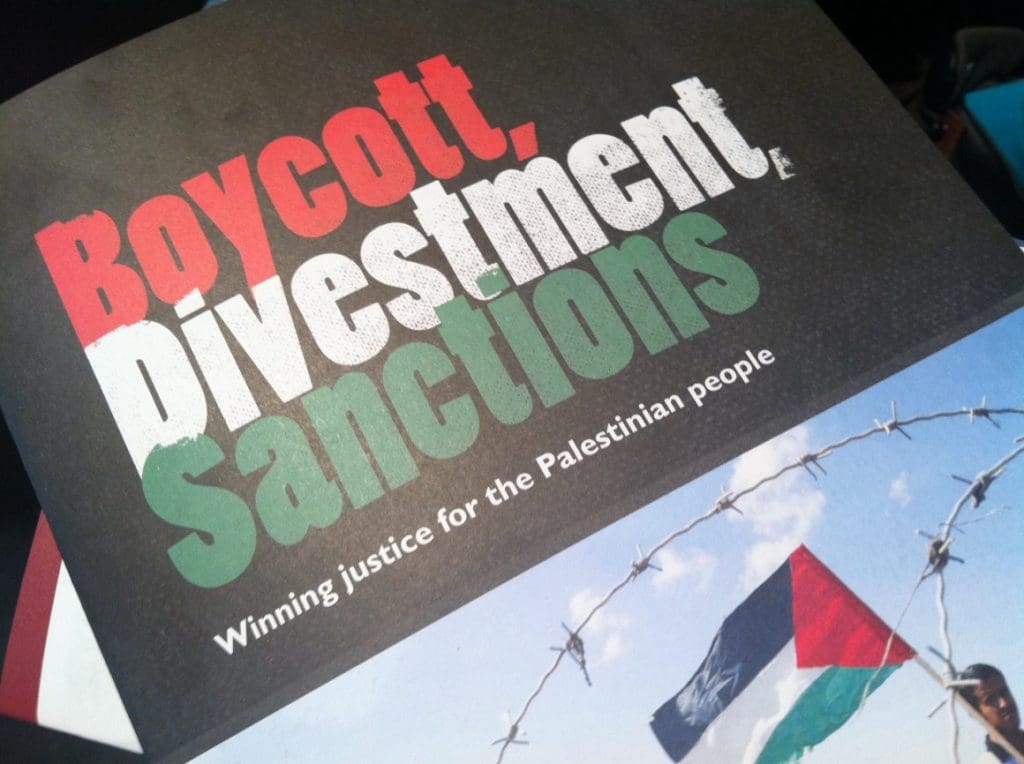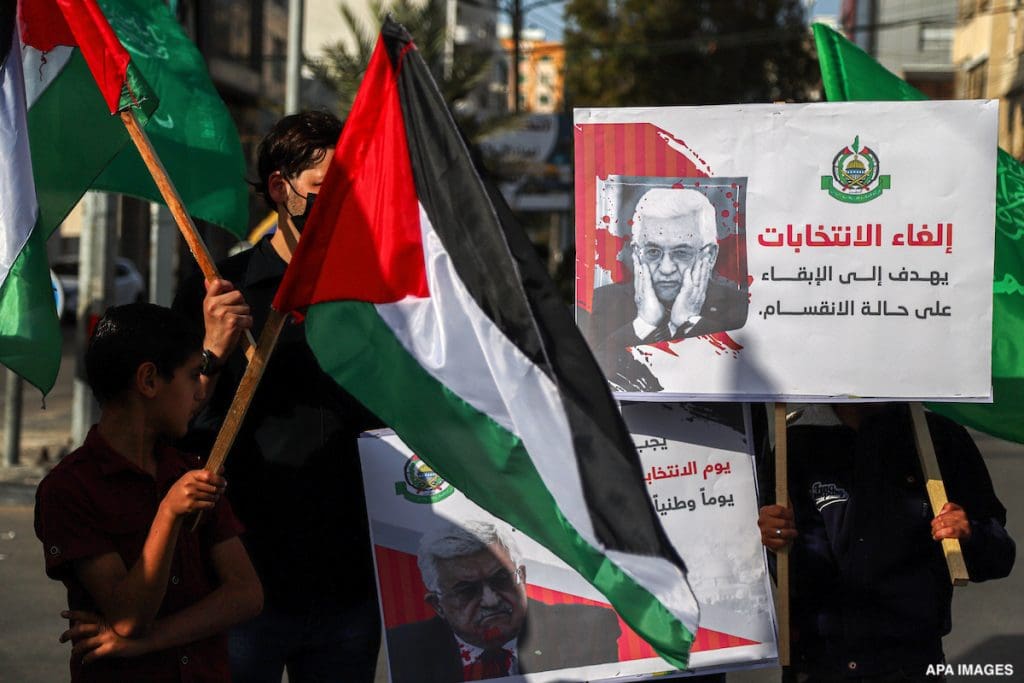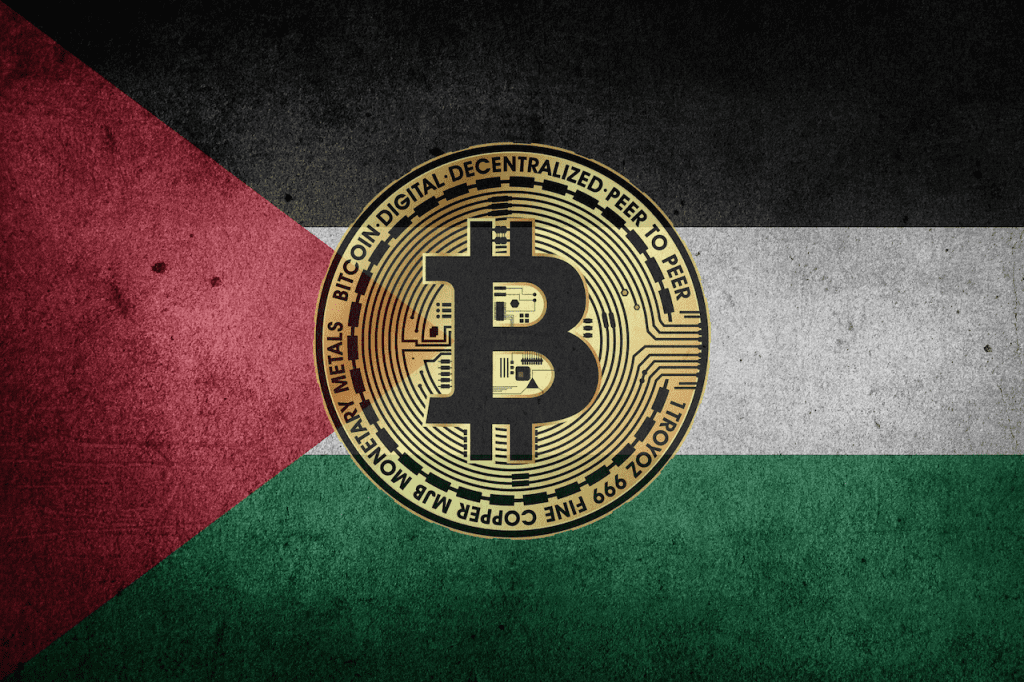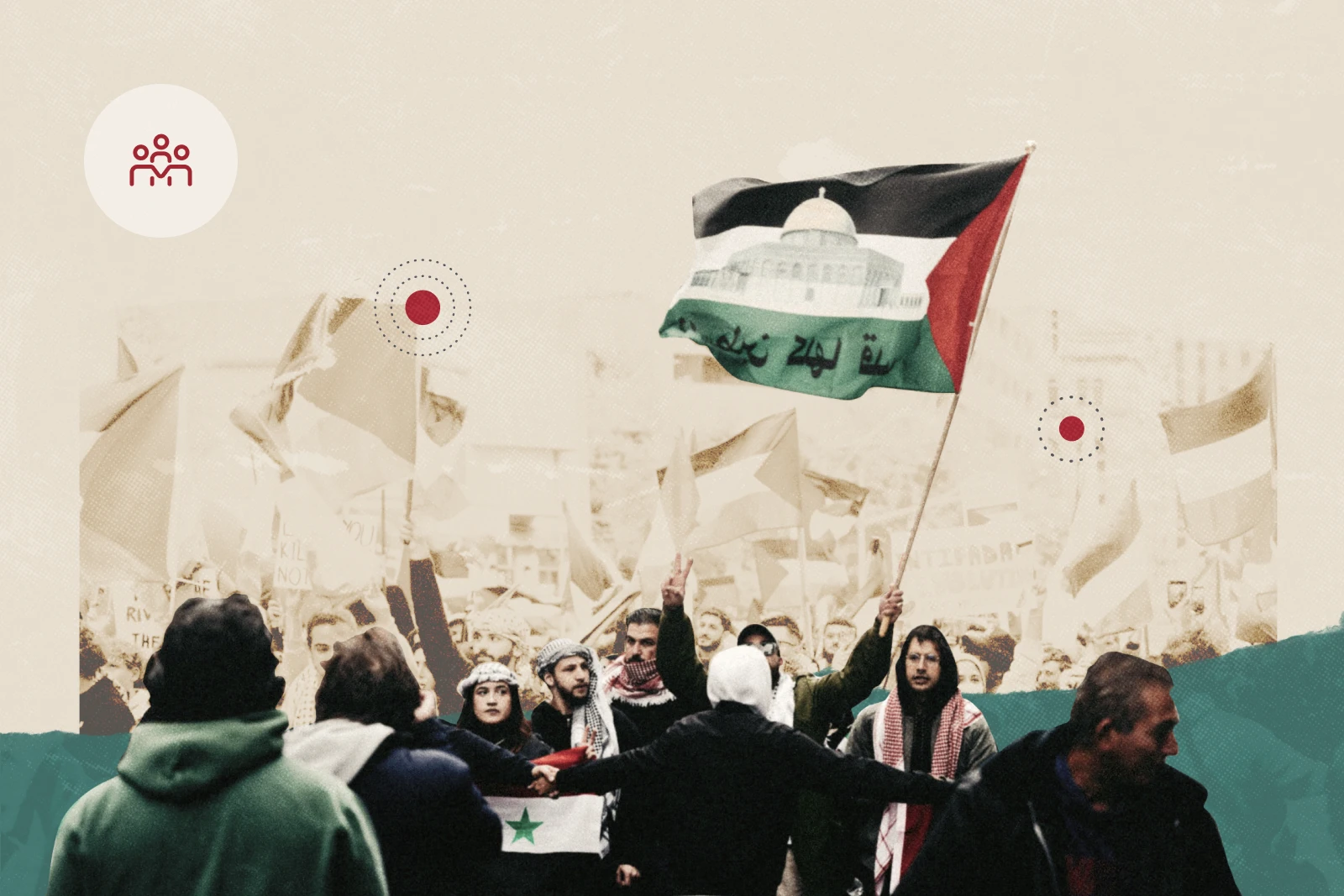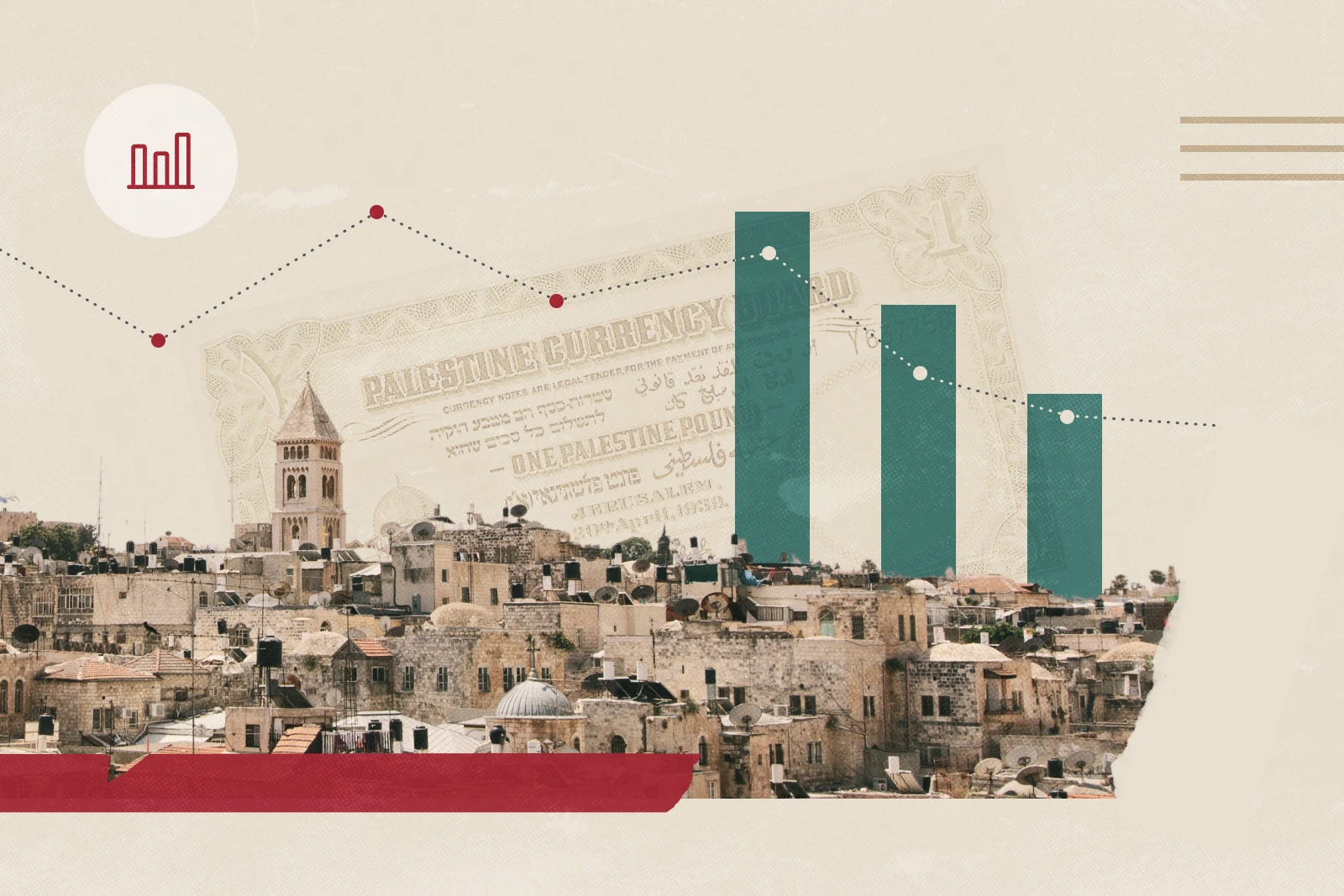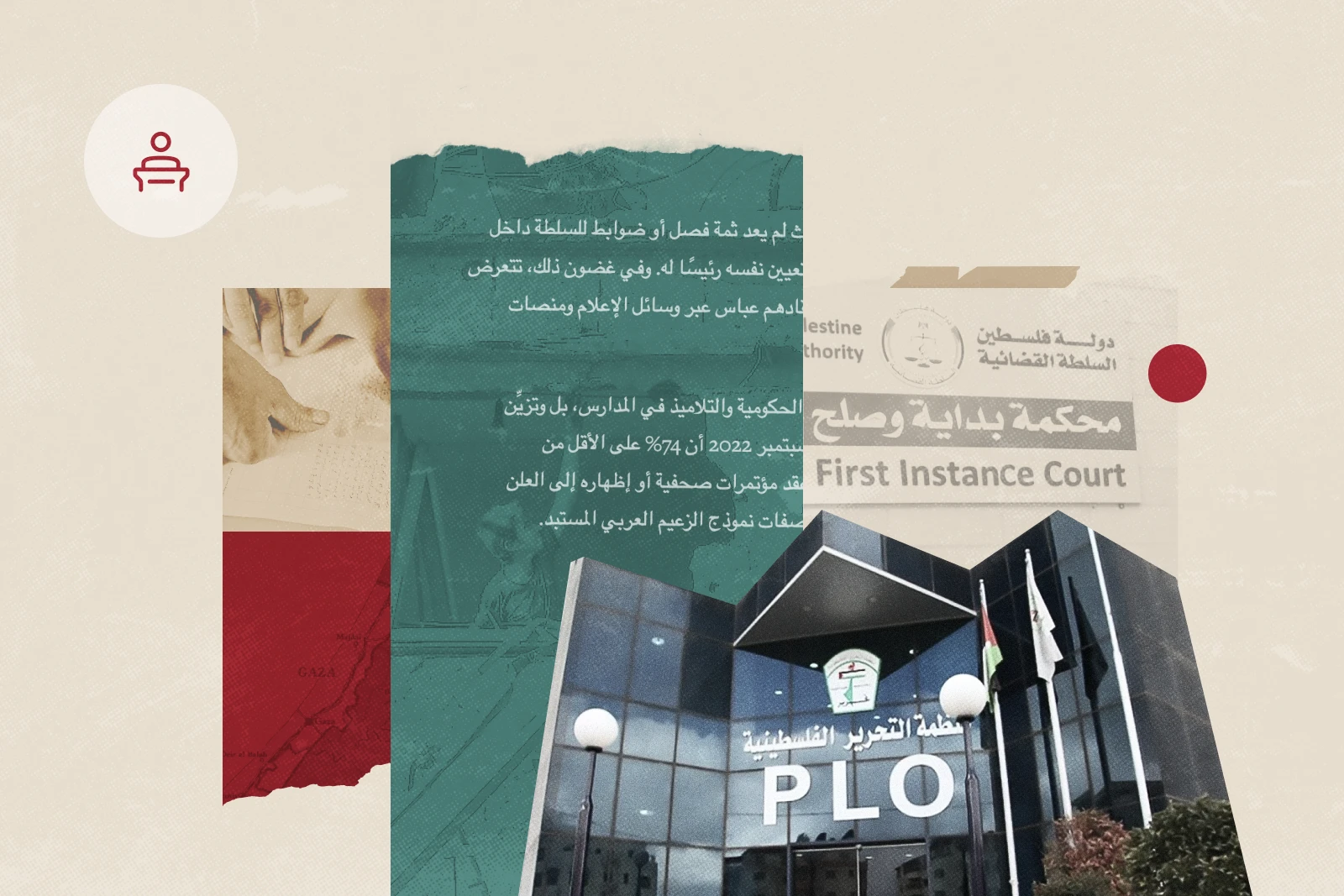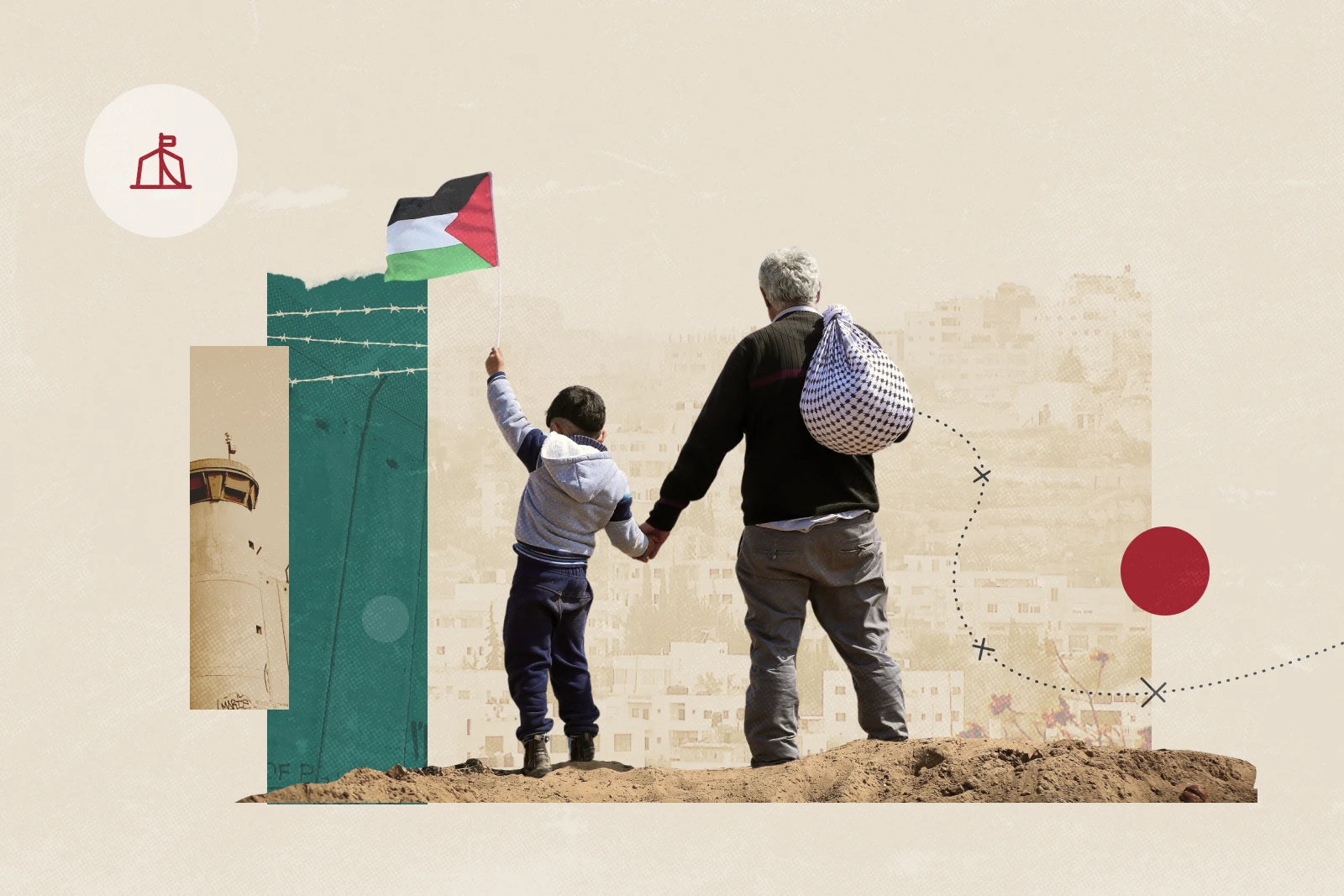typeRoundtables
In this roundtable discussion, Dena Qaddumi and Jehad Abusalim examine the challenges and complexities of rebuilding Gaza amid the Israeli regime’s ongoing genocidal warfare. They explore the structural obstacles imposed by the continuing Israeli blockade, questioning the feasibility of meaningful reconstruction under settler-colonial occupation.
Analyzing Gaza’s repeated cycles of destruction and rebuilding, Qaddumi and Abusalim expose a long history of foreign intervention, profiteering, and the prioritization of high-visibility projects by international donors—practices that sideline Palestinians and strip them of agency. In contrast, the discussion highlights alternative Palestinian-led reconstruction models that prioritize indigenous knowledge and local needs, ensuring the preservation of Gaza’s identity, heritage, and self-determination.


On January 15, 2025, Qatar announced a ceasefire agreement between the Israeli regime and Hamas. The long-awaited deal, mediated by Qatar, Egypt, and the United States, promised an end to 15 months of genocidal assault on Gaza, during which Israeli forces killed at least 64,260 Palestinians and reduced much of the strip to rubble.
While the implementation of the ceasefire offers critical relief for Palestinians in Gaza who have been enduring and resisting genocide, skepticism remains over the feasibility of its full implementation. In this roundtable, Al Shabaka analysts Shatha Abdulsamad, Basil Farraj, Talal Abu Rokbeh, and Diana Buttu weigh in on the different aspects of the ceasefire deal and what they mean in the broader context of Israeli settler colonial occupation of Palestine.

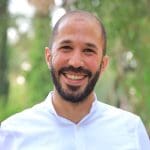
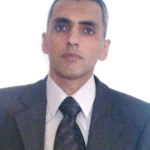

+
On November 5, 2024, the US electorate voted Donald J. Trump for a second term in the 60th presidential election. While many aspects of the incoming administration's foreign policy plans remain uncertain, they will undoubtedly continue to have devastating consequences for the Palestinian people.
In this roundtable, Al-Shabaka analysts Tariq Kenney-Shawa, Abdullah Al-Arian, Andrew Kadi, and Hanna Alshaikh offer insights into how Trump will compare to his predecessor, what his presidency will mean for US policy across the Arab region, what lies ahead for Palestine solidarity organizing in the US, and the material impact will be on the ground in Palestine.




+
In this roundtable, Al-Shabaka analysts Belal Shobaki, Tariq Kenney-Shawa, and Fathi Nimer offer their insights on the impact of Haniyeh's assassination. They reflect on Hamas's future, the impetus behind the operation, and its wider regional consequences, placing them within the historical context of so-called Israeli diplomacy.



While it remains unclear how and when Israel will respond to Iran’s operation, geopolitics have undoubtedly already shifted. In this roundtable, Al-Shabaka analysts Fadi Quran, Fathi Nimer, Tariq Kenney-Shawa, and Yara Hawari offer insights on the regional impact of Iran’s recent maneuver and situate the ongoing genocide in Gaza within this broader context.




+
Since the assault on Gaza began in October, 2023, tens of thousands of Palestinians have been killed, injured, or missing, likely buried under the rubble of their homes or shelters. Nearly two million Palestinians in Gaza have been displaced, with cold, thirst, and hunger ravaging the entire population. While the world deliberates on the technicalities of genocide, Israeli colonization of the West Bank and disruption to Palestinian life there has only accelerated.
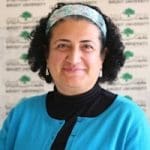



+
Israel’s 2023 genocide of Palestinians in Gaza has horrified many around the world and drawn widespread public outcry, with unprecedented levels of solidarity organizing taking place. But as this unparalleled camaraderie has emerged, so too has extraordinary repression at every level. Al-Shabaka spoke with Layla Kattermann of the European Legal Support Center (ELSC) and Diala Shamas of the Center for Constitutional Rights (CCR) for further insight on this suppression of mobilization and methods to resist such efforts to stifle Palestine solidarity.


The Israeli regime’s ongoing genocide in Gaza has caused widespread devastation across the besieged area. Palestinians have reaffirmed consistently that there is no safe place in Gaza, and that this current assault by the Israeli military is only the latest in over 75 years of attempted ethnic cleansing. As global solidarity with the Palestinian people reaches unprecedented levels, Western powers continue to lend their support to Israel’s efforts towards Palestinian erasure. In this devastating yet critical moment, Al Shabaka’s Tariq Kenney-Shawa, Fathi Nimer, Yara Hawari, and Alaa Tartir weigh in on the unfolding situation since October 7th, 2023, and position it within the context of ongoing Israeli settler colonialism and Palestinian resistance.




+
As the Israeli regime escalates its apartheid and settler colonial practices in Palestine, calls for accountability are mounting. Among these demands are growing calls for sanctions. In this interview, Al-Shabaka speaks with Khaled Elgindy and Nada Elia for further insight on this topic. Together, they detail the varied forms that sanctions may take, their potential to affect meaningful change, and distinguish how sanctions targeting the Israeli regime would differ from those wielded by Western powers in other contexts.


As of 2023, Mahmoud Abbas surpasses his democratic mandate as President of the Palestinian Authority by 14 years. And as speculation mounts about his successor, the question of his legacy lingers. In a new Al-Shabaka roundtable, policy analysts Tareq Baconi, Yara Hawari, Alaa Tartir, and Tariq Kenney-Shawa reflect on Abbas’s impact on Palestinian leadership and the Palestinian struggle for liberation.




+
The recent cryptocurrency crash raises doubts about its viability as an alternative to standard currencies. But are there aspects of the global phenomenon that are still useful for Palestinian economic and political resistance? Al-Shabaka policy analysts Tariq Dana and Ibrahim Shikaki debate the potential of digital and cryptocurrencies and outline technological opportunities for the Palestinian economy.


Media & Outreach
As the killings in Gaza continue, Israel prevents many Christians from reaching holy sites or homes in Jerusalem.

Fathi Nimer· Apr 20, 2025
Fake open-source intelligence accounts are spreading disinformation about the Middle East on X, with many following a similar playbook.

Tariq Kenney-Shawa· Apr 9, 2025
At an Israel Heritage Foundation event in May 2024, Martin Oliner called for Israel to “take the lessons” from the atrocity of the U.S. atomic bombings in Japan

Tariq Kenney-Shawa· Mar 27, 2025
We’re building a network for liberation.
As the only global Palestinian think tank, we’re working hard to respond to rapid developments affecting Palestinians, while remaining committed to shedding light on issues that may otherwise be overlooked.
